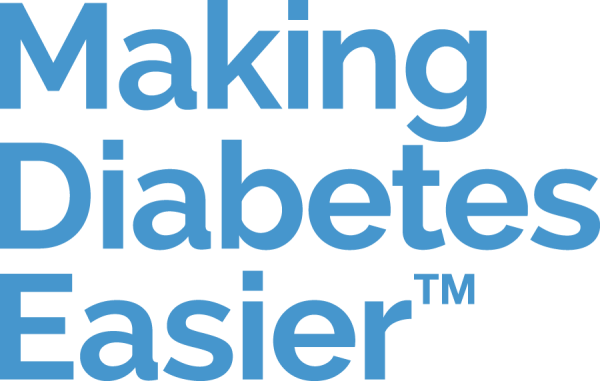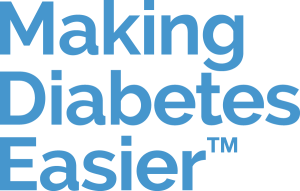Gestational diabetes: definition, causes, treatment

The anticipation of a child brings immense joy and is a special period in the lives of both a woman and a couple. Pregnant women's bodies undergo profound changes during these nine months, and they can sometimes develop gestational diabetes [1,2]. According to the most recent (2019) IDF (International Diabetes Federation) estimates, it affects approximately 13% of future mothers worldwide [3]. How do you recognise it? What diet should you be following?
Definition and diagnosis
The definition of gestational diabetes is simple: it is hyperglycaemia first diagnosed during pregnancy in a woman with no previous history of diabetes [1,2,4]. Gestational diabetes usually resolves immediately after the baby is born [2,5], but these women are more likely to develop type 2 diabetes later in life[1,2,4,5].
Although it usually appears at the end of the second trimester, gestational diabetes can occur anytime during pregnancy [2,4]. The International Association of the Diabetes and Pregnancy Study Groups (IADPSG) therefore recommends that pregnant women:
- perform an early pregnancy screening test during the first prenatal visit [1].
- perform additional screening at 24-28 weeks of pregnancy if no previous diabetes has been diagnosed[1].
Effective management of gestational diabetes is recommended to avoid macrosomia (a much larger than the average baby), giving birth by caesarean section, and other complications during the final phase of pregnancy and birth [1,5].
What causes gestational diabetes?
During pregnancy, a woman's body undergoes a series of considerable changes in metabolism, one of which is insulin resistance, which can lead to the development of gestational diabetes [2].
Around the sixth month of pregnancy, a series of hormones secreted by the placenta will increase resistance to insulin [1,2,6]. Other factors, such as weight gain and decreased physical activity, also contribute to insulin resistance [2].
But why do some women develop gestational diabetes and not others? The important thing to know here is that during pregnancy, the number of beta (β) cells in the pancreas increases to prevent insulin resistance [1]. If this increment does not occur, gestational diabetes will set in [1,2,7].
The risk factors associated with gestational diabetes are well known:
- history of gestational diabetes;
- overweight and obesity of the mother;
- family history of diabetes or insulin resistance;
- the future mother is in the older age group;
- a previous birth with a baby weighing more than 4kg;
- presence of ovarian cysts;
- multiple prior abortions or stillborn babies with no clear medical explanation;
- history of hypertension [1,2,5,7].
Treatment and diet

Women diagnosed with gestational diabetes are advised to monitor their blood glucose levels frequently while adopting healthy lifestyle habits including individualised dietary changes and increasing physical activity, suited for pregnant women [2,7]. The goal of this therapy is to support the healthy development of the foetus and the well-being of the mother whilst achieving normal blood glucose levels [2].
Changes in eating habits are, above all, focused on managing the amount and quality of carbohydrate food intake to reduce risks of postprandial hyperglycaemia (a spike in the blood glucose levels after eating a meal) and reduce the exposure of high glucose levels to the baby [6].
A registered dietitian should facilitate dietary changes to ensure the mother and growing baby’s nutritional needs are met while achieving good blood glucose control
If the changes in dietary habits do not have the desired effect on blood glucose levels during pregnancy, your doctor will discuss the need to prescribe either medication or insulin therapy [1,2].
Keeping an eye on your blood glucose levels and following a healthy, balanced eating plan is the key to successfully managing your gestational diabetes and having an enjoyable, fulfilling pregnancy.





